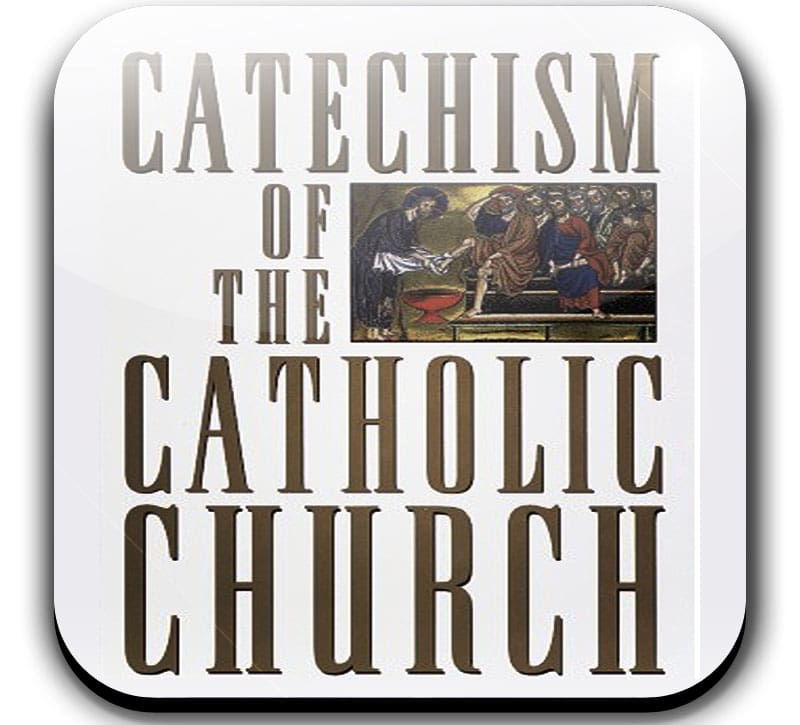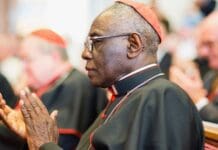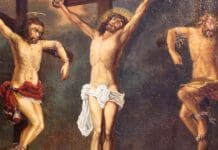253 The Trinity is One. We do not confess three Gods, but one God in three persons, the “consubstantial Trinity”. The divine persons do not share the one divinity among themselves but each of them is God whole and entire: “The Father is that which the Son is, the Son that which the Father is, the Father and the Son that which the Holy Spirit is, i.e. by nature one God.” In the words of the Fourth Lateran Council (1215), “Each of the persons is that supreme reality, viz., the divine substance, essence or nature.”
Love uCATHOLIC?
Get our inspiring content delivered to your inbox every morning - FREE!


















We do not confess three Gods, but one God in three persons, and that each person is God whole and entire”? Does that make sense to you? How can there be only one God, yet, the Father, Son, and holy spirit are each God? Where in your Catholic Bibles does it speak of such confusion?
And another thing, how can you say the holy spirit is a person when there are Catholic references that say otherwise? Notice what the following Catholic sources say about the “personhood” of the holy spirit:
1. “Although this spirit is often described in personal terms, it seems quite clear that the sacred writers [of the Hebrew Scriptures] never conceived or presented this spirit as a distinct person” (Edmund Fortman, The Triune God, p. 9).
2. “Nowhere in the Old Testament do we find any clear indication of a Third Person” (The Catholic Encyclopedia, 1912, Vol. 15, p. 49).
3. “The Jews never regarded the spirit as a person; nor is there any solid evidence that any Old Testament writer held this view…The Holy Spirit is usually presented in the Synoptic gospels (Matt., Mark, Luke) and in Acts as a divine force or power” (Edmund Fortman, The Triune God, pp. 6, 15)
4. “The Old Testament clearly does not envisage God’s spirit as a person…God’s spirit is simply God’s power.” (New Catholic Encyclopedia, 1967, Vol. 14, pp. 574, 575).
5. “On the whole the New Testament, like the Old, speaks of the spirit as a divine energy or power” (W.E. Addis and Thomas Arnold, A Catholic Dictionary, 1960, p. 810).
The significance of these five references is death to the trinity. Since the holy spirit is NOT a person, it can’t be the third person of a three-person deity. In other words, there is no trinity. Do you agree?